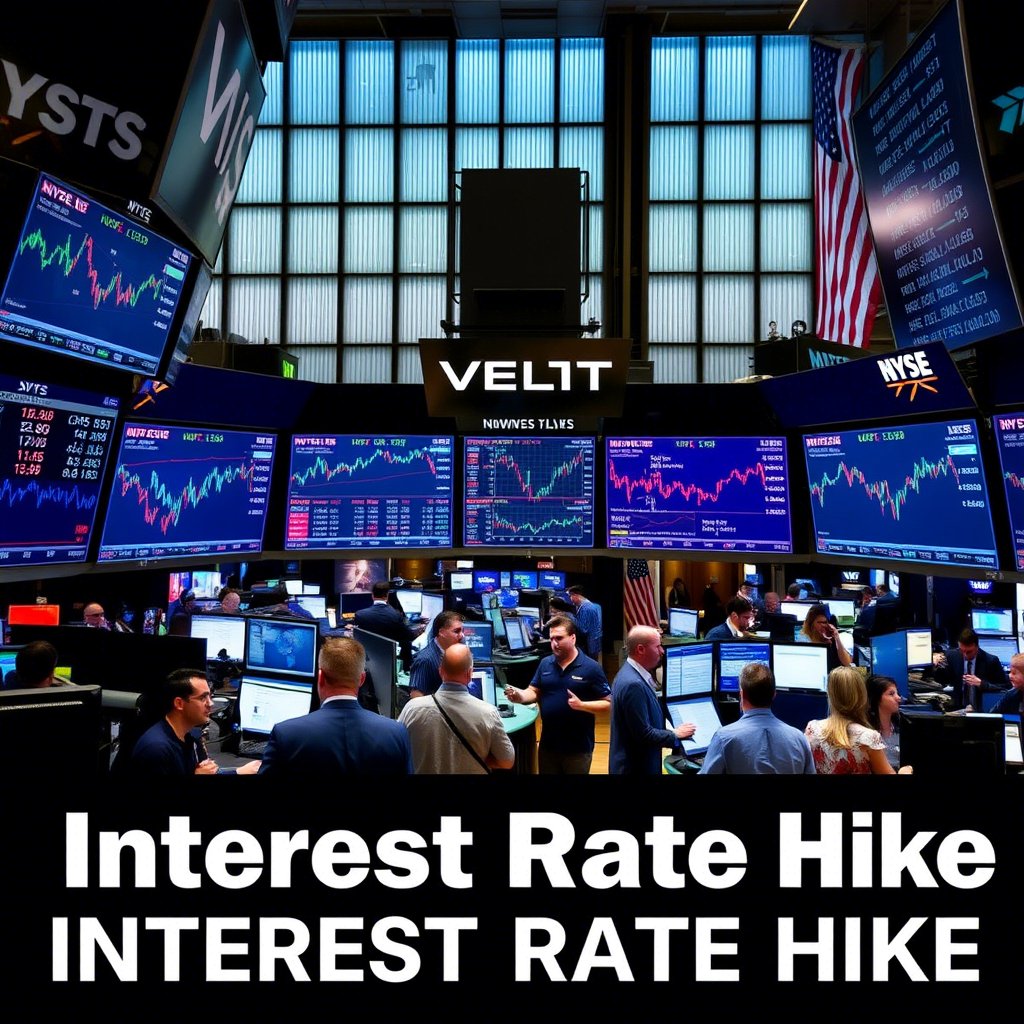Global Stock Markets in Turmoil: Navigating Volatility in a High-Rate Environment
In recent weeks, global stock markets have experienced heightened volatility, driven by rising interest rates and lingering geopolitical tensions. The Federal Reserve’s aggressive monetary tightening has sent shockwaves through financial markets, prompting investors to reassess their portfolios and adopt a more cautious stance.
1. U.S. Stock Market Under Pressure
The U.S. stock market has been particularly sensitive to interest rate hikes. The tech-heavy Nasdaq Composite Index has borne the brunt of the sell-off, as higher borrowing costs weigh on growth stocks with extended valuations. Meanwhile, the S&P 500 and Dow Jones Industrial Average have also struggled to maintain upward momentum, reflecting widespread risk aversion among investors.
Analysts warn that this volatility is unlikely to subside in the near term. “With inflation remaining stubbornly high, central banks are likely to keep rates elevated for longer,” said Jane Doe, Chief Economist at Global Insights Group. “This environment will continue to challenge equity markets.”
2. European Markets Face Energy Crisis Fallout
In Europe, stock markets have been further impacted by an ongoing energy crisis. Germany’s DAX and France’s CAC 40 have both seen significant declines, as soaring energy prices squeeze corporate profits and dampen consumer confidence. The UK’s FTSE 100 has fared slightly better, buoyed by its heavy weighting in energy and commodity-related stocks.
Despite these challenges, some analysts see opportunities for long-term investors. “While short-term risks remain, periods of market stress often create buying opportunities for those with a strong risk tolerance,” noted John Smith, Senior Portfolio Manager at Capital Growth Advisors.
